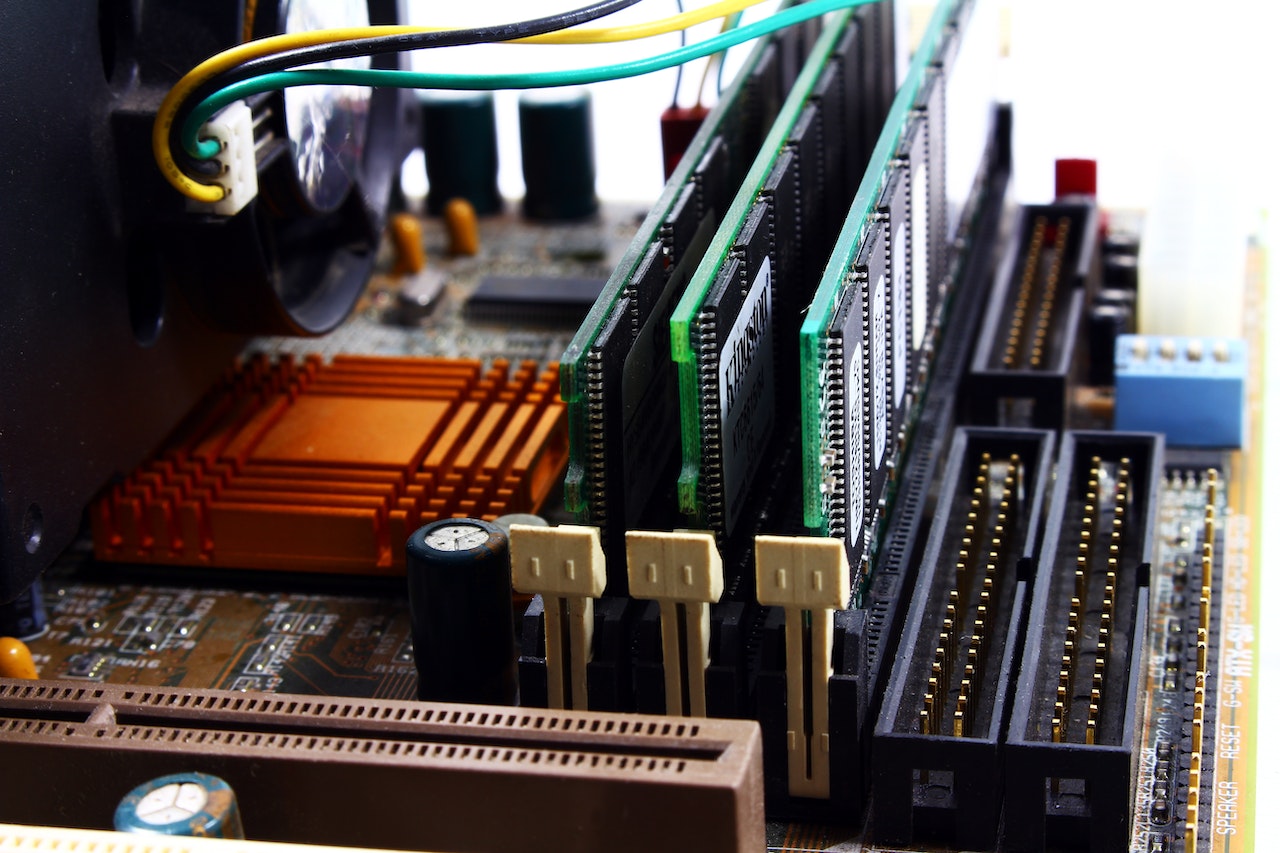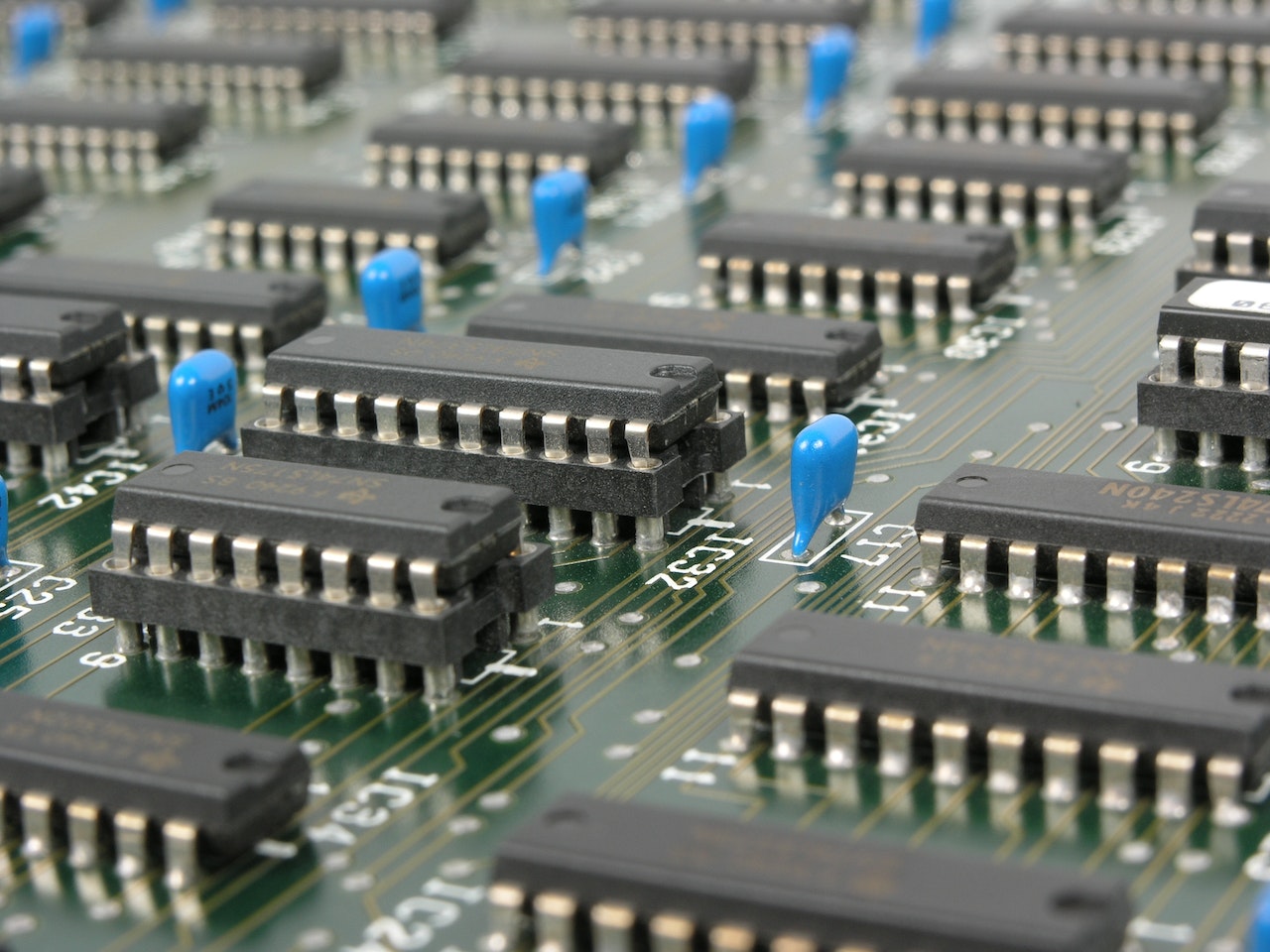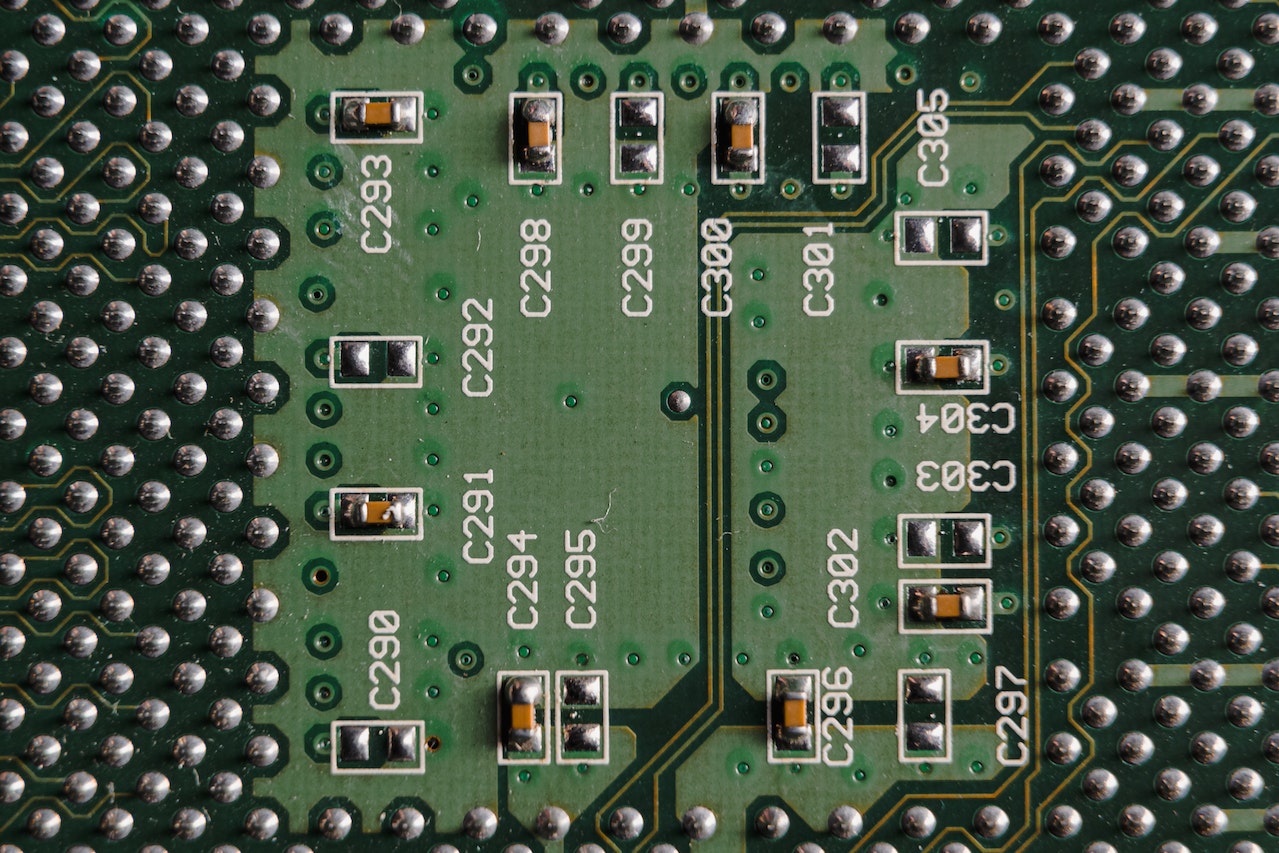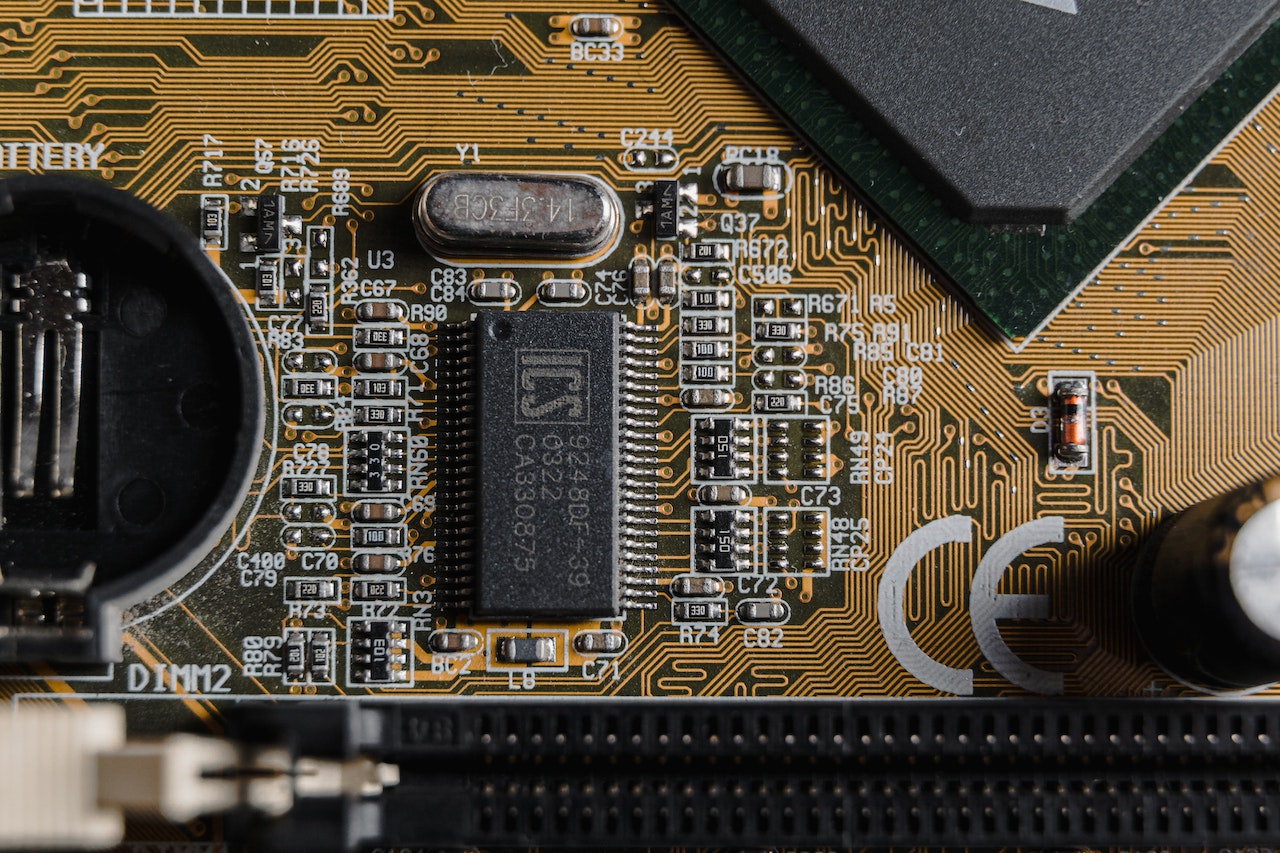HDI PCB Manufacturer
High-Density Interconnect PCB
Blind Buried Circuits, a leading service provider of High-Density Interconnect Printed Circuit Boards (HDI PCBs), offers state-of-the-art technology solutions in electronic manufacturing. Our HDI PCBs manufacturing process supports designs with a higher density of components and interconnections in a compact form factor, which helps the designers achieve unparalleled performance, enhanced functionality, and reduced size of electronic devices.




HDI PCB Technology and Benefits
Blind Buried Circuits offers advanced design and manufacturing solutions to achieve high-density interconnections. The design incorporates multiple layers of conductive material and vias, increasing routing density using micro, buried, and blind vias. This complex technology enables the interconnection of complex circuitry in smaller areas. The following are the benefits of HDI PCB technology:
- Most mobile technology, such as smartphones and tablets, are manufactured using HDI technology. As mentioned before, it helps miniaturize electronic devices, making them more portable and lightweight for the consumer.
- HDI PCBs are manufactured with shorter trace and spacing to maintain electromagnetic interference to improve signal integrity, resulting in better electronic system performance and reliability.
- HDI PCB facilitates data transmission at a higher speed for higher-speed designs and enables the designs to give faster outputs.
HDI PCB vs Traditional PCB
There is no comparison of HDI PCB vs Traditional PCB, as HDI PCBs are the better version of Traditional PCBs. Due to the limitation of routing density and interconnection capabilities of traditional PCBs, they are suitable for simple electronic designs with fewer component placements and interconnections. However, HDI PCBs enable greater design flexibility and complex circuitry.
HDI PCB Advantages
Blind Buried Circuit manufacture all type of HDI PCBs. The following are the advantages of HDI PCBs:
- Increased component density: For compact electronic devices, the circuits require a large number of components in a limited area. HDI PCBs can accommodate complex designs in limited areas.
- Better signal integrity: For high-speed boards, signal loss and electromagnetic interference play a vital role in the functionality. HDI PCBs provide better reliability and performance for signal integrity circuit designs.
- Improved thermal management: With the help of better routing density, the HDI circuit designs provide optimal head dissipation and better functioning of electronic components.
- Higher interconnection reliability: using the blind buried vias technology in the HDI PCB designs ensures strong multiple-layer connections and reliable manufacturing between conductive layers.




HDI PCB Applications
Blind Buried Circuits have served several customer needs for their HDI designs and delivered the highest quality possible. All mobile devices, including smartphones, tablets and wearable devices, require HDI PCBs. It is also used in various industries with an increased demand for smaller, thinner and more powerful devices.
- Mobile Devices: HDI PCBs are widely used in the mobile industry, offering a small and convenient size with high-density interconnections.
- Medical Devices: HDI PCBs enable advanced and smart healthcare solutions for various medical devices.
- Aerospace and Defence Systems: HDI PCBs are considered the most reliable PCBs compared to the other PCB types. Most of the aerospace and defence critical devices rely on HDI PCBs.
- Automotive Electronics: With the increase of electric vehicles, and complex designs, HDI accommodates enhanced functionality and optimizes space utilization.
- Industrial Automation Systems: HDI PCBs’ compact size and strong connectivity advantages help control and monitor the systems efficiently.
To learn more about Blind Buried Circuits’ capabilities in HDI PCBs, please email us today at [email protected] or call us.
HDI PCB Manufacturing and Production Process
The manufacturing process of HDI PCBs at Blind Buried Circuits includes various stages, which help complete the project with the highest quality standards and customer satisfaction.
The HDI PCB Manufacturing and Production Process include:
- Creating layout design: drawing the schematic and BOM.
- Generating the Gerber file
- Choosing the materials
- Preparing the core and stacking the layers
- Etching the inner-copper layers
- Layer stack up with vias formation
- Drilling process for microvias, buried vias, and blind vias
- Outer layer etching using photoimaging
- Copper deposition and plating
- Applying solder mask and silkscreen
- Electrical Testing
- PCB Assembly
- Quality check and inspection.
- Double AOI and Inspection.
- Packing and delivering
With the robust manufacturing and assembly process, we provide our customers high-density interconnect PCBs within the committed lead time.
For your HDI PCB design manufacturing and pcb assembly, contact us today for the HDI PCB price. We’re here to meet your specific requirements.
